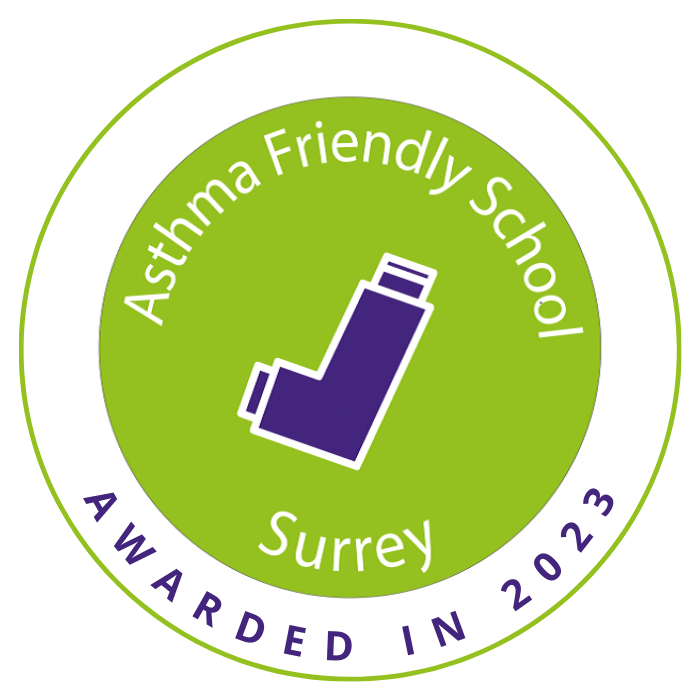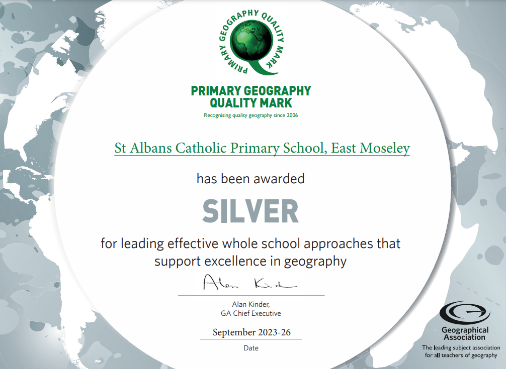English
English is at the core of all our other subjects. We wish to develop in our children a love of language both written and spoken that will go with them into adulthood. We believe a high standard of speaking, listening, reading and writing skills will place our children at an advantage in their wider curriculum studies.
To achieve our aims, we endeavour to:
- Create a safe caring environment in which all children feel encouraged to speak and listen as appropriate.
- Give children access to a wide variety of stimulating literary texts, including both fiction and non-fiction. Our core reading scheme is Read Write Inc which runs from Foundation Stage.
- Hear children read on a regular basis and send reading books home daily along with a reading record for teacher and parental contributions.
- Provide children with the opportunity to produce a range of written work developing skills across a variety of genre, eg – narrative, information and poetry.
- Enable children to use correct spellings and grammar.
- Encourage children to develop a clear and legible handwriting style.
- Maintain records of pupil achievement to assess their progress and build upon their success.
Reading: word reading and comprehension
Our main objective is to foster in children a love of reading. They will be encouraged to value books and read for learning and enjoyment, from a wide range of literary texts from all genres. This is supported by the use of the phonics scheme Read Write Inc.
Children will be encouraged to read with fluency and understanding, utilising a combination of strategies including phonic knowledge, contextual clues and sight vocabulary. Children’s awareness of syntax, punctuation, expression and comprehension will be developed and assessed through explicit teaching of reading as well as individual reading. Class reading texts are linked to the wider curriculum.
You can find books for all primary school age groups on The BookTrust website (BookTrust is the largest reading charity in the UK):
100 Best Books for 0 - 5 year olds
100 Best Books for 6 - 8 year olds
100 Best Books for 9 - 11 year olds
Writing: transcription and composition
Our children need to develop a passion and skill for writing in which they feel comfortable in experimenting with different styles and formats. From the Foundation Stage, all children’s attempts at writing, including emergent writing, are valued and built upon, so that children appreciate the importance of their writing in conveying meaning to the reader.
Writing is embedded across our wider curriculum.
In KS1 and KS2 SPAG (Spelling, Punctuation and Grammar) is taught both discretely and as an embedded part of English lessons. Across the wider curriculum, children are encouraged to use the skills they are learning in all writing. These skills include using interesting and ambitious vocabulary, a wide range of conjunctions and thinking of interesting ways to open sentences. In KS2, they use the Punctuation Pyramid to develop greater accuracy in punctuation.
National Curriculum English - Spelling
Spoken language
Oral language has a key role in classroom teaching and learning. Discussion and interaction can engage children’s imagination and foster creativity.
In our school the key areas are:
- Speaking: being able to speak clearly and to develop and sustain ideas in talk.
- Listening: developing active listening strategies and critical skills of analysis.
- Group discussion and interaction: taking different roles in groups, making a range of contributions and working collaboratively.
- Drama: improvising and working in role, scripting and performing, and responding to performances.
Talk is an underlying factor in the development of literacy, with children engaging by responding to text and explaining their choices and rehearsing their ideas in advance of writing. In maths, children are encouraged to explain their thinking and relevant language is developed. However, all areas of the wider curriculum offer opportunities in this area and therefore we teach Spoken Language explicitly across the curriculum.
To develop their Spoken Language skills, children are encouraged to play active roles in class discussions. They are given opportunities to engage in role play and drama. Children are expected to listen to others and respond with sensitivity and respect to the talk of others. They have opportunities to speak in front of an audience, using language and techniques appropriate to the task.
In the Foundation Stage, children’s speaking and listening skills are developed across the curriculum as well as specifically in activities such as listening games, show and tell sessions and role play.
Useful literacy websites:
Top Tips to Support Your Child's Reading






